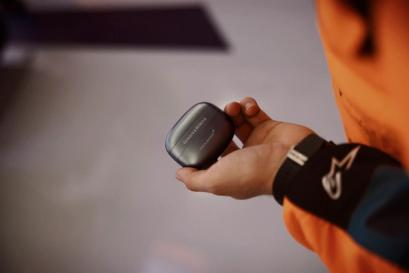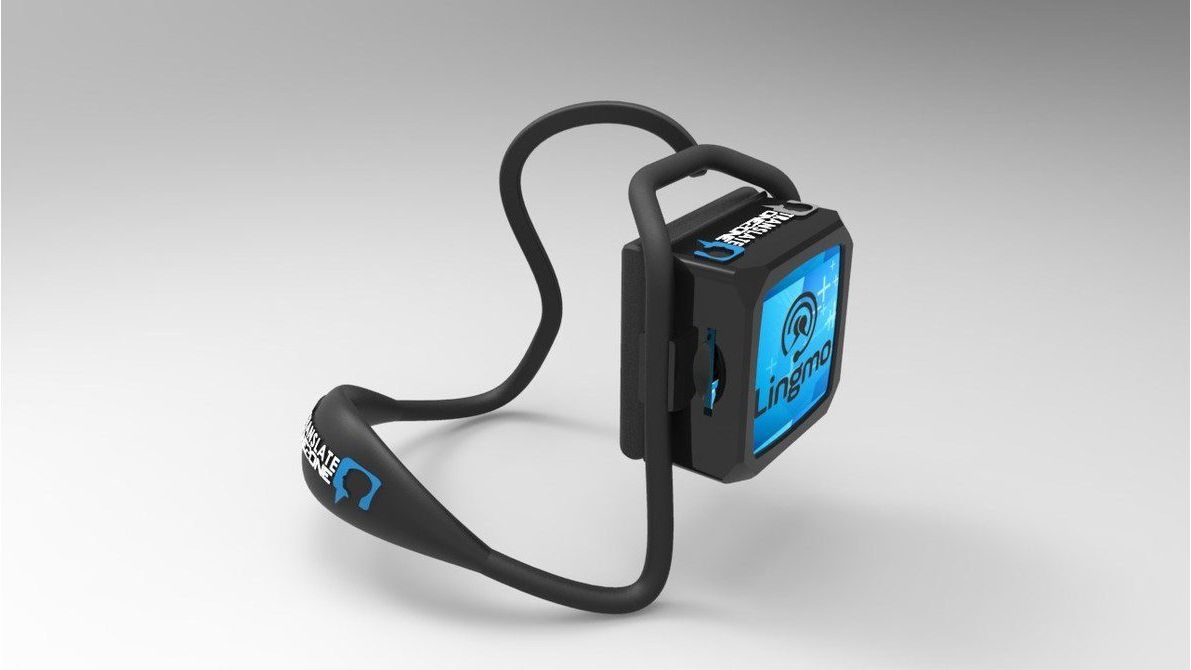

6 things in tech you need to know this week
From cybersecurity to covfefe, these are the tech stories to read this week
Words: Henry St Leger
The tech world runs at a preposterously fast pace, in a non-stop surge of new updates and releases. In an effort to help you keep up, we’ve sifted through the stories to find the six most essential pieces of tech news this week.
A BBC investigation has uncovered concerning business practices in Britain’s largest arms dealer. BAE was found to have sold mass surveillance technology to numerous Middle Eastern governments, despite warnings that the software could be used to spy on citizens and monitor dissidents. The technology is said to be capable of tracking mobile phone locations and even decrypting classified intelligence communications.
Once relegated to sushi rolls and exfoliating creams, seaweed is set to enter the world of electrical storage. Researchers in Nano Journal found that the humble marine algae can act as a low-cost stabiliser in lithium-sulfur batteries, working just as effectively as synthetic polymers to lengthen battery life.
Put that phrase book away: Australian tech start-up Lingmo is primed to launch a revolutionary £140/$179 earpiece, one that can translate foreign languages in a matter of seconds. Built from IBM’s pioneering AI technology, the in-ear translator professes to be “the first of its kind to hit global markets”.
It’s no secret that the US president is active on Twitter: since joining in 2009 he’s tweeted over 35,000 times. But a new bill – named COVFEFE, after one of his more high-profile typos – could make it illegal for the sitting POTUS to delete impulsive policy declarations on the site.
The wild west of online comment sections could be a thing of the past. While news sites such as Reuter and Bloomberg are disabling comments on their articles – due to the difficulty of moderating inflammatory content – Google has developed a new AI tool to seek out and remove offensive posts en masse.
Tech developer Andy Rubin, best known for co-creating the abundant Android operating system, has marked his foray into hardware with the Essential Phone PH-1. The model boasts a ceramic back and hardy titanium frame – rather than the cheaper aluminium used by most competitors – meaning this is one phone you won’t need to replace every year.
Despite its impressive build quality and 360-degree camera, however, the $699 pricetag makes it significantly cheaper than Apple’s latest offering. Currently shipping to the US.


